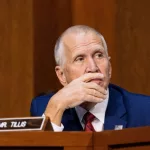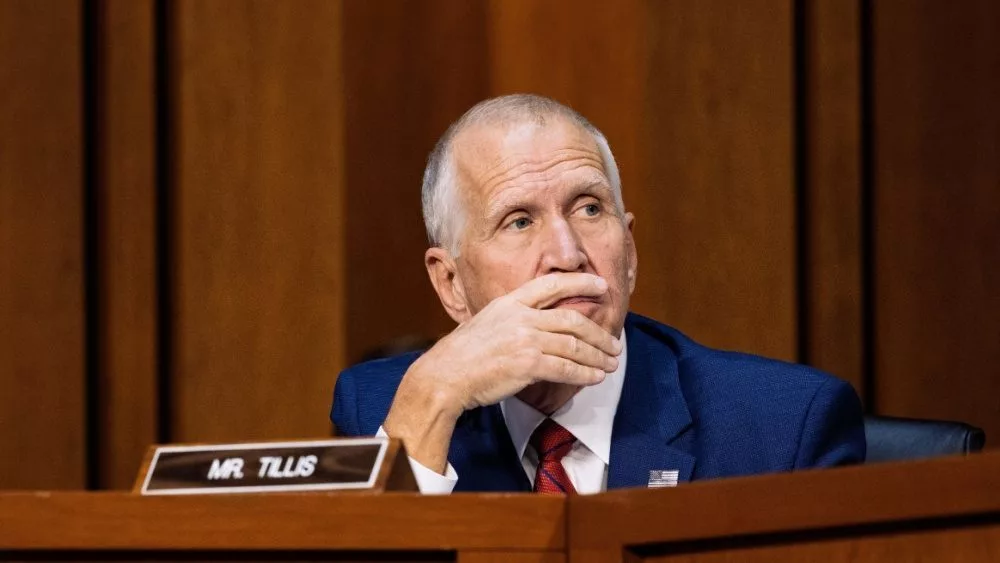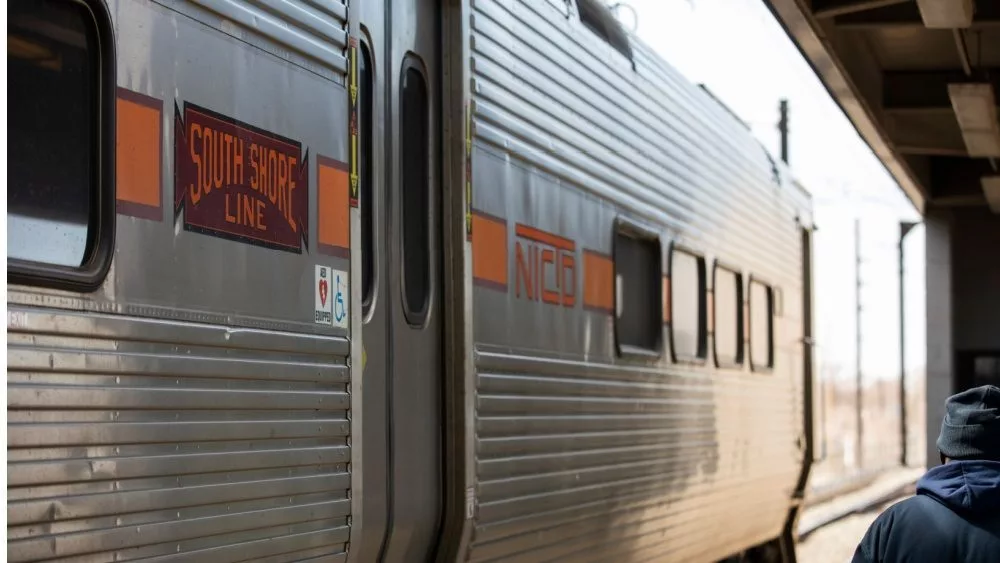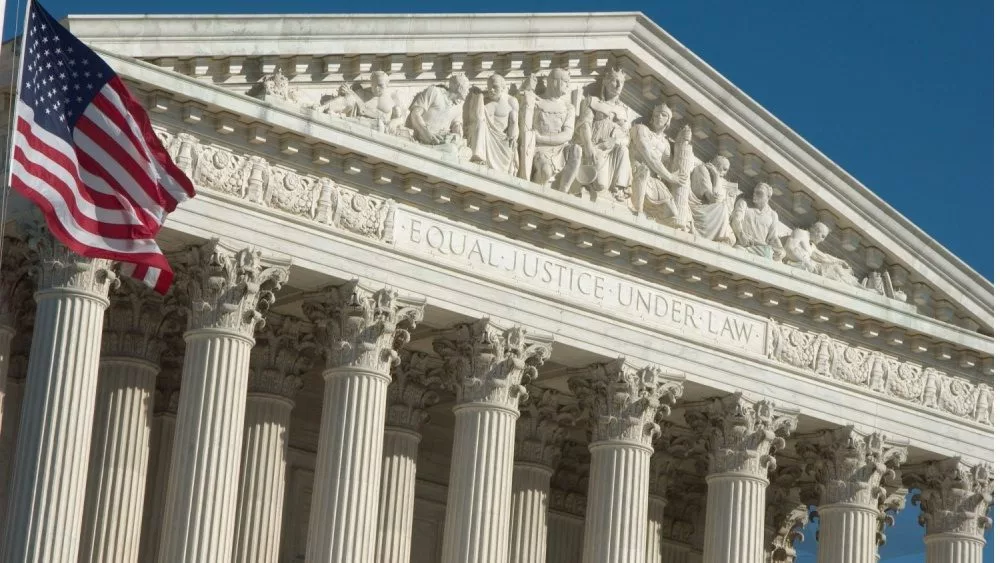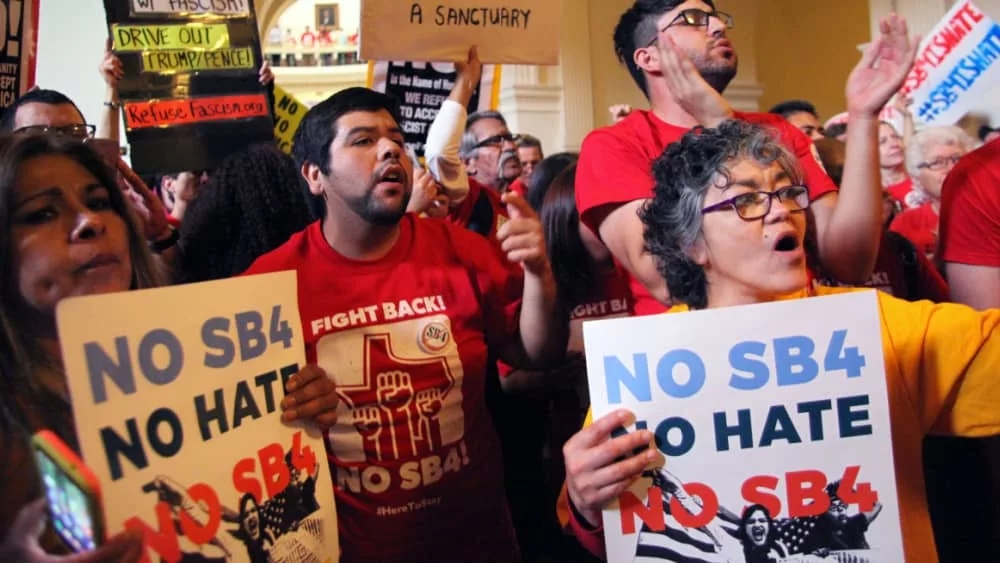
A federal judge in Austin, Texas has granted a preliminary injunction Thursday to temporarily prevent one of the strictest immigration bills in the country from going into effect. The Justice Department and the American Civil Liberties Union had challenged the law, known as SB4, which was set to take effect in Texas on Tuesday, March 5.
SB4 would authorize local and state law enforcement to arrest migrants they suspect crossed into the state illegally; and it gives judges the power to order migrants to be transported to a port of entry and returned to Mexico regardless of their country of origin.
Judge David Ezra of the U.S. District Court for the Western District of Texas granted the challengers’ request for a preliminary injunction preventing Texas officials from enforcing the state law. In a 114-page order (which can be viewed in full here), Ezra wrote that the Constitution and Supreme Court precedent make clear that states cannot enforce immigration measures without federal approval, and that the Texas law conflicts with federal law. He rejected an argument from Texas that the state’s authority to repel an “invasion” allows it to enforce SB4, writing that “surges in immigration do not constitute an ‘invasion’ within the meaning of the Constitution.” Lastly, he said that allowing Texas to enforce the law would mean states could override federal statutes, a discredited constitutional theory known as nullification.
In a statement, Texas Gov. Greg Abbott vowed “we will not back down in our fight to protect our state — and our nation — from President Biden’s border crisis. From the bench, this District Judge acknowledged that this case will ultimately be decided by the U.S. Supreme Court. The high court could agree to hear the case, or let the lower court’s ruling stand as the final word on the issue.” Abbott signed SB4 into law, arguing it’s needed to deter illegal border crossings. More than 2 million migrants were apprehended by U.S. Border Patrol agents along the southern border in both fiscal years 2022 and 2023, the highest levels on record.
Texas Attorney General Ken Paxton immediately appealed the decision, saying in a statement: “We have appealed this incorrect decision. Texas has a clear right to defend itself from the drug smugglers, human traffickers, cartels, and legions of illegal aliens crossing into our State as a consequence of the Biden Administration’s deliberate policy choices.” The appeal will come before the U.S. Court of Appeals for the 5th Circuit, which could pause the district judge’s decision while it reviews the case. Either party could ultimately ask the Supreme Court to review the appeals court’s action.
Editorial credit: Vic Hinterlang / Shutterstock.com


